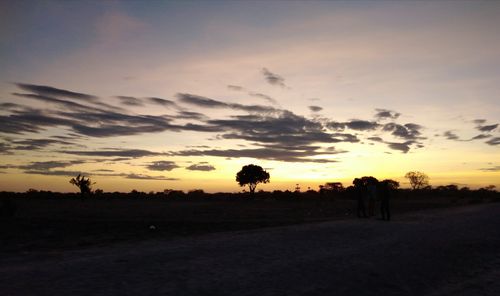By Bazzi
On the 01 January 2004, Roy Clarke published an article that would shoot him to stardom; well, as close as we can get to the stars in Zambia. Published in The Post newspaper, Clarke’s column Mfuwe was a short Zambian rendition of Animal Farm, where safari animals running government plotted about how best to pilfer the state.
Levy Mwanawasa, the third Zambian President who died in office in 2008 was cast as an elephant called Muwelewele, his ministers as hippos, district commissioners as jackals, and the list goes on. By January the 04,Clarke – a British citizen – had received a deportation order. Mfuwe had struck a tight chord.
It is a commonplace delusion to think that we’ve ‘moved on’ as a society. That the elephants and hippos currently dictating public coffers and swaying public opinion are somehow better than the last lot. But a brief survey of animals that have survived Chinese poaching indicates otherwise: after 10 years of a PF presidency hellbent on grabbing as much as they can as quickly as possible, and a UPND government mostly interested in hunting hunt them to the ends of the earth, we are no better off. In the crosshairs of another promise, another New Dawn, I look on: waiting for corruption to end, for wages to rise, for sexual violence and homophobia to quit being termed ‘culture’.
Zambians have been cautiously optimistic over the past year. Inflation has been kept under control, the Kwacha has gained value against foreign currencies, and anew IMF bailout has been signed. It strikes as absurd when another way to become indebted is celebrated, but that is what passes as economic progress nowadays. There is always a new crisis to be averted, the result of some enemy (internal or external) that has plunged the state into hardship. That the IMF was instrumental in Zambia’s nosedive into a deep recession in the 1980s through Structural Adjustment Reforms is conveniently forgotten. So too is the extent to which President Hakainde Hichilema has benefitted from these ‘reforms’.
So, we wait: for a time when the economy is stable and the popular will of people is realised, etc. etc. But while we wait for that state of blissful naivety, that Garden of Eden, it is worth being critical, and perhaps to even take a laugh at it all. Hence, I’ve decided to write a three-point manifesto, a set of propositions really, which will guide my monthly column on Makanday, the only people who think I’m not entirely crazy:
– Proposition 1: Politicians are not Animals but neither are they Human –They may look like you and I, even on occasion speak the same language, but do not be fooled, politicians are not human. They wear suits and drive around town in expensive cars, while their faces are plastered on billboards and splashed across newspapers. Perhaps this ability to shapeshift means they are not of this world, after all
– Proposition 2: History is Unimportant and Inconvenient: Zambia is filled with leaders who have either never read a history book, or decided that history should be, fittingly, a thing of the past. The future is sexy and full of money, things they love. The past requires reading, and is without money, things they hate.
– Proposition 3: The Serious are Absurd and the Absurd are Serious – Watching a political speech, or a religious sermon, makes me laugh. How dare they be so serious, those who lie on the back of every breath? On the other hand, listening to madmen on the side of the road is a deadly serious affair. I’m sure they would have some good points, if only I could understand them.
On the 07 May 2014, Clarke published his final piece of satire on his blog ‘Kalaki’s Korner’. In it, he resigned himself to the idea that he had reached the limits of his satire, and found little use for it anymore: “My sense of humour has become so enlarged that it has encroached on all my other senses! I have no option but to have it amputated!”
I can’t promise to be as entertaining as Clarke; I can only promise to try my best to get deported.

Discover more from MAKANDAY
Subscribe to get the latest posts sent to your email.



